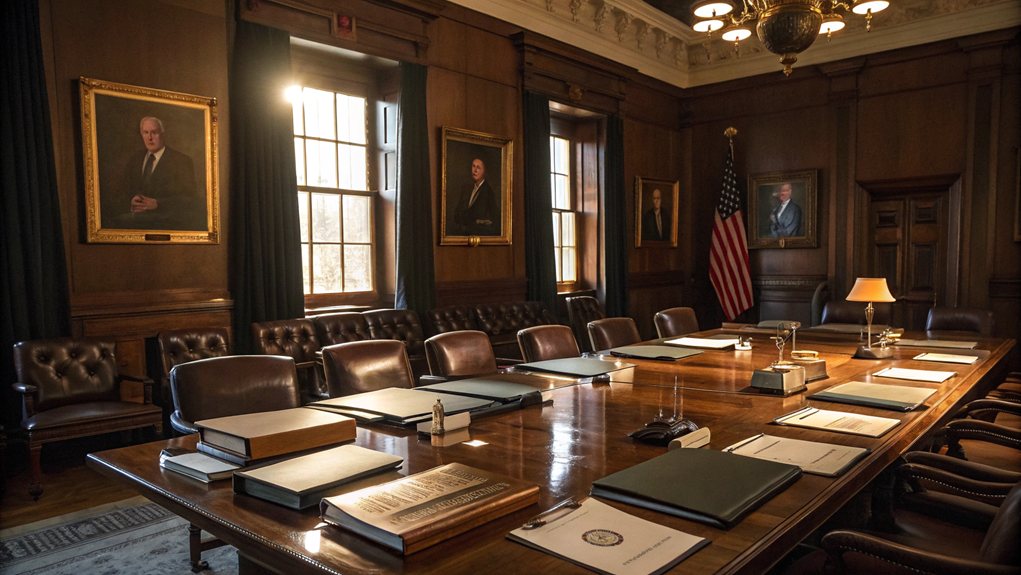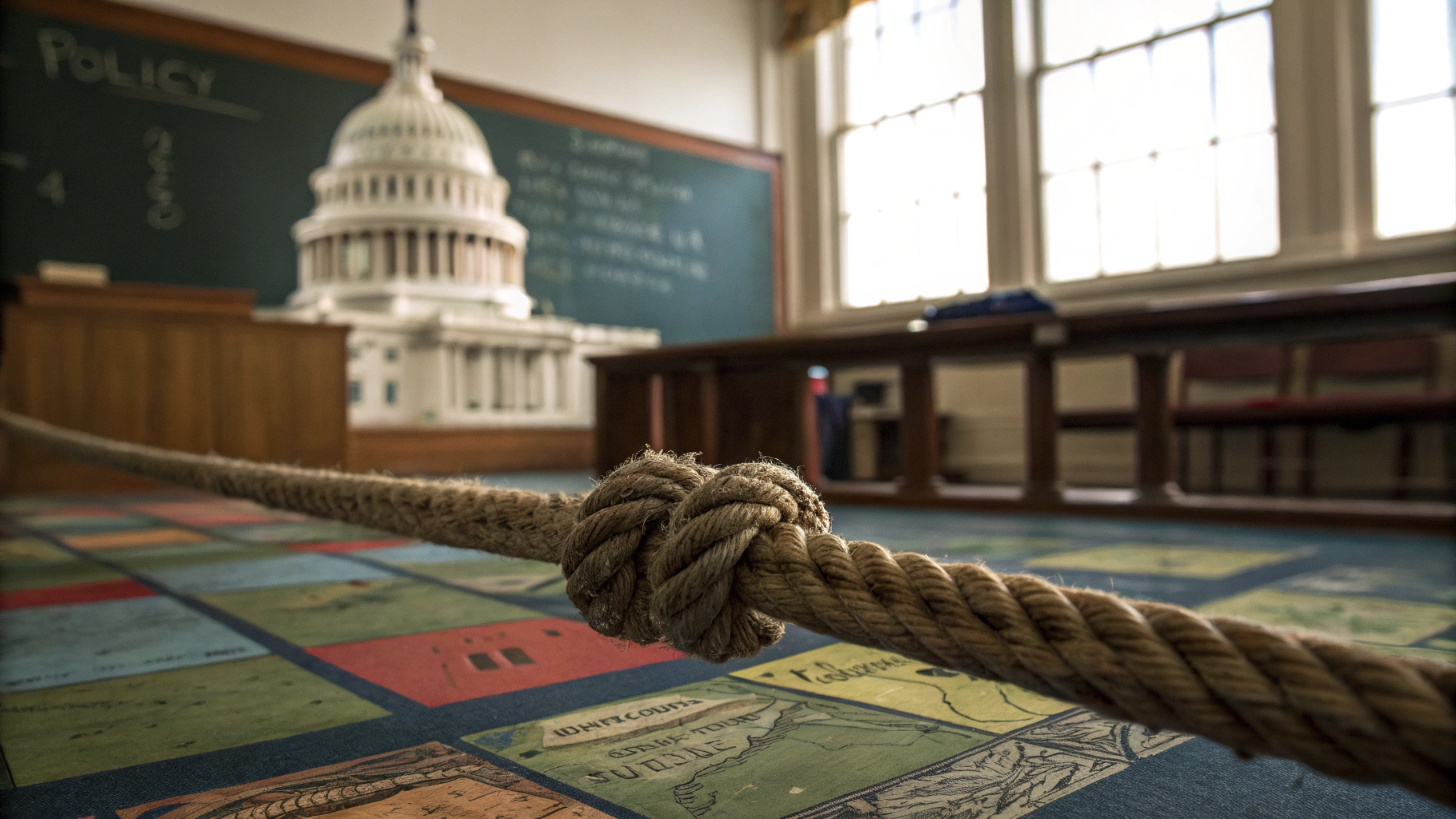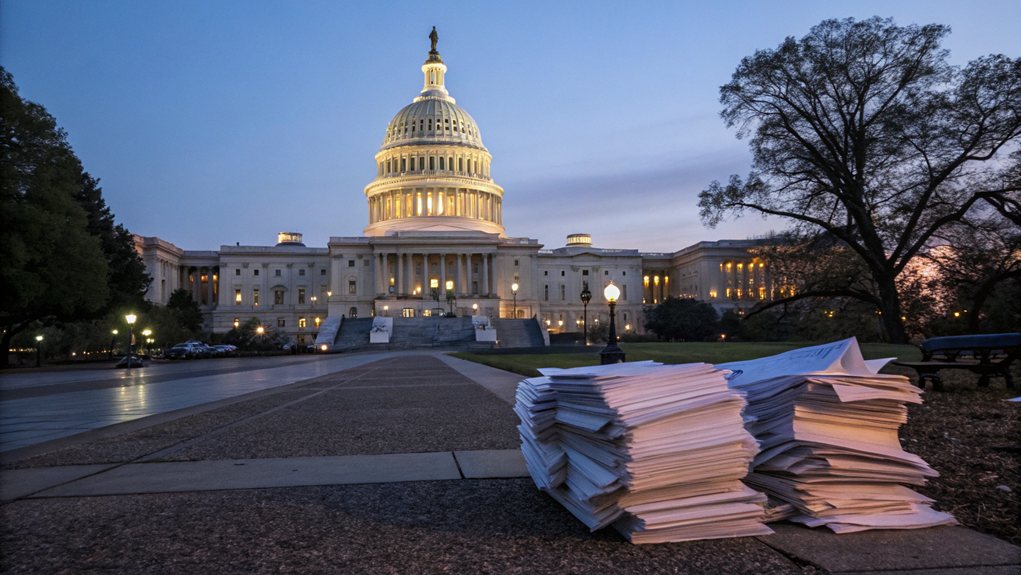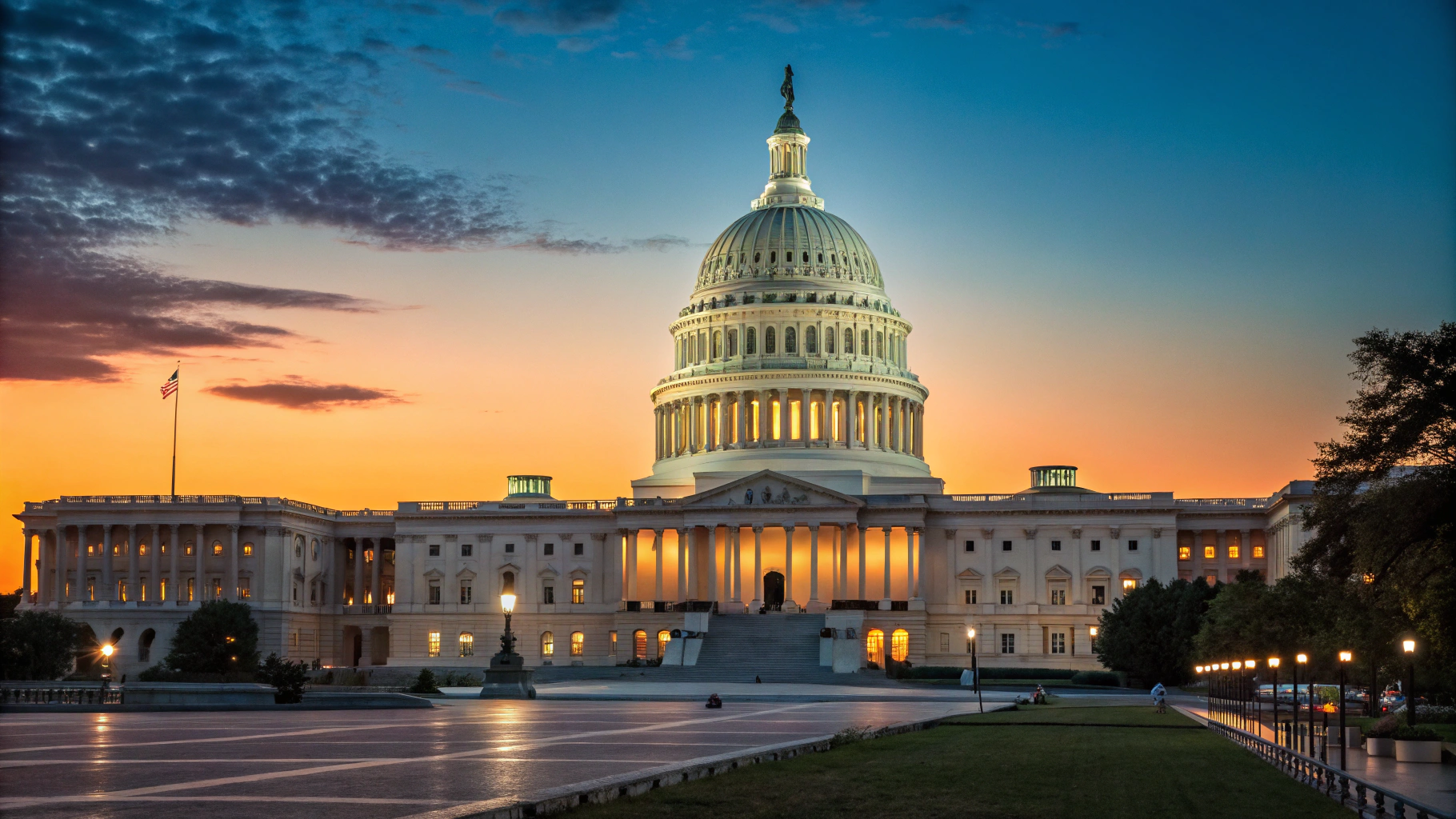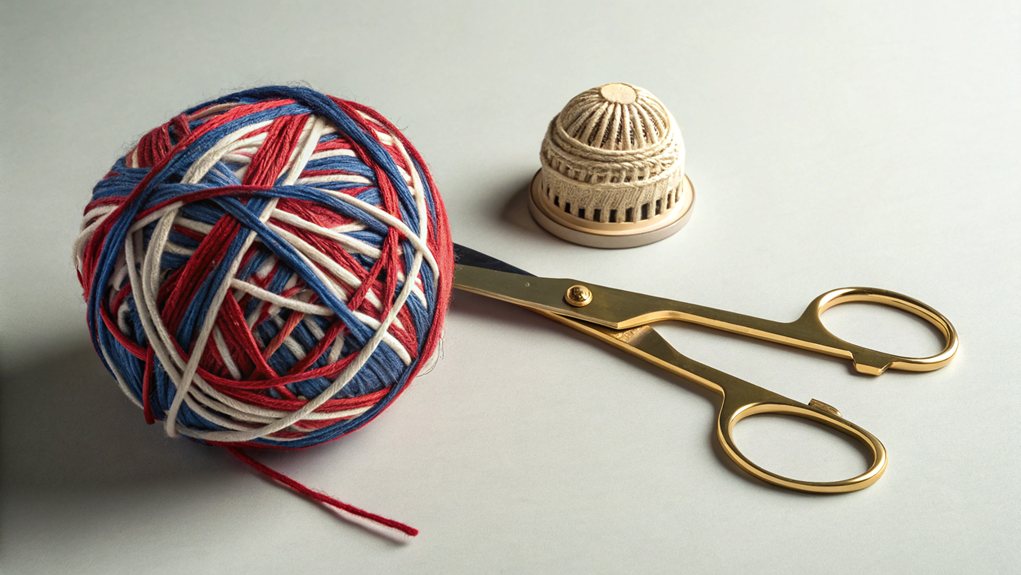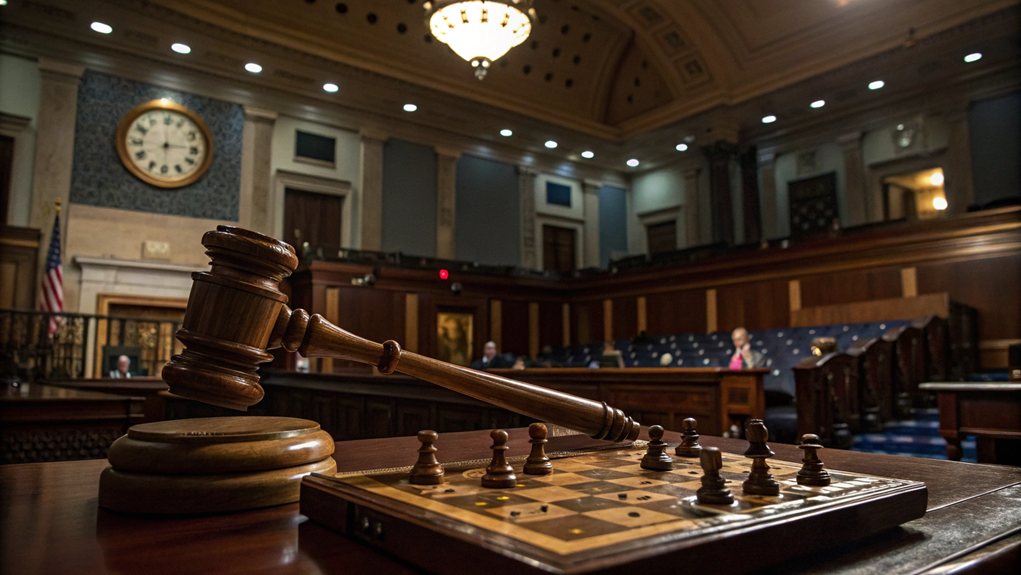Congressional committees are the unsung heroes of Congress, juggling a bunch of heavy duties. They draft laws, check on government programs, and keep a close eye on how taxpayer dollars are spent. Think of them as the watchdogs, sniffing out any nonsense and ensuring accountability. Plus, they make essential funding decisions that can build or break programs. Each committee has its own unique tasks. And there's a lot more to this story, so keep that curiosity burning!
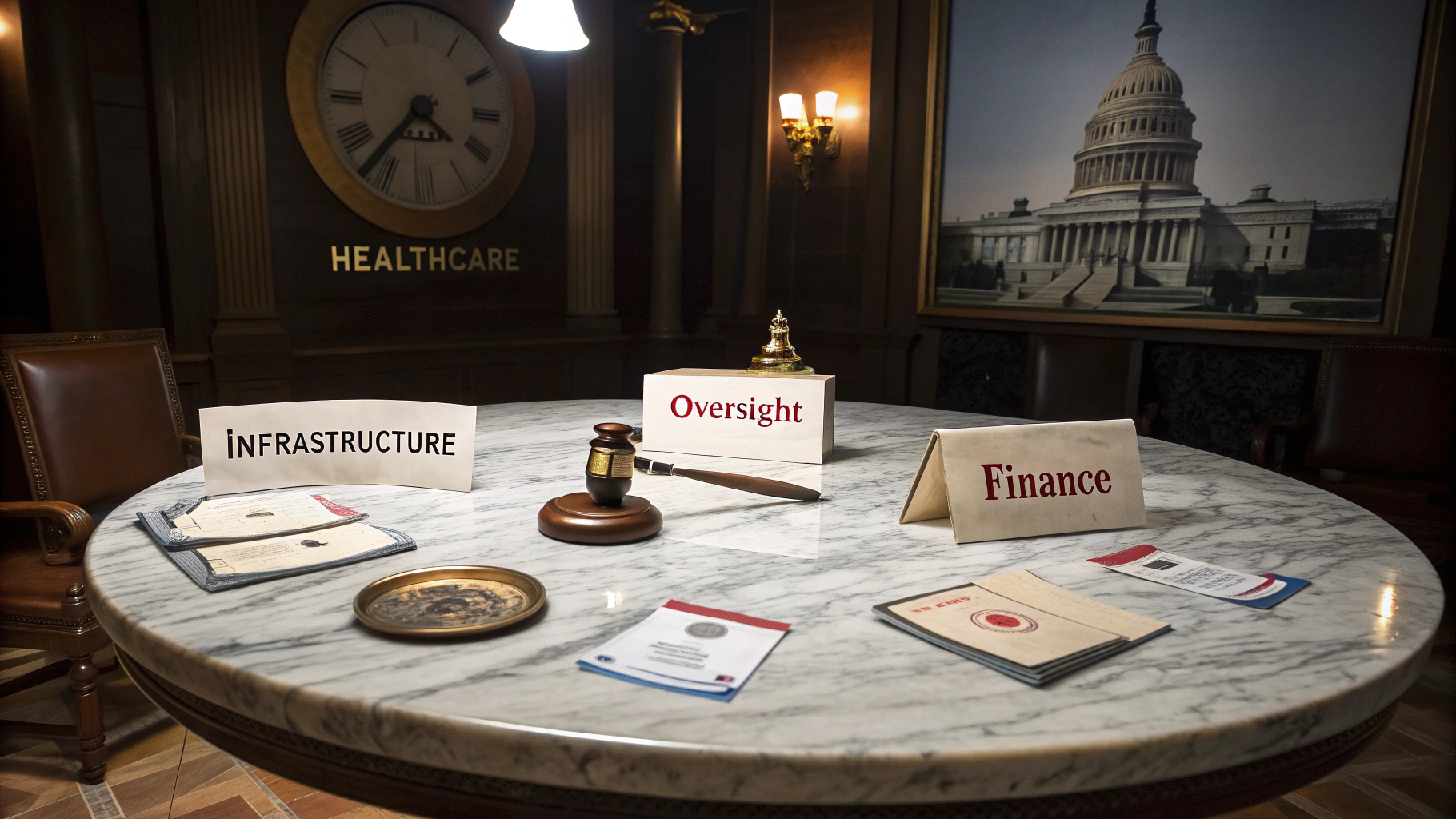
When it comes to the nuts and bolts of government, congressional committees are where the real action happens—well, as much action as you can expect from a bunch of politicians in suits. These committees are the backbone of Congress, handling the nitty-gritty of legislation and oversight. They're not just fancy names on a door; they wield real legislative power. With their designated areas, committees plunge into bills, discussing everything from healthcare to infrastructure. Talk about a mixed bag of issues!
But wait, there's more! Committees don't just sit around twiddling their thumbs. They have oversight responsibilities, keeping a watchful eye on agencies and programs. Think of them as the watchdogs of government. They make sure everything runs according to the law. If something smells fishy, you can bet they'll investigate. Yes, they hold hearings, and sometimes they get to the bottom of serious allegations. It's like a reality show but with more paperwork. Specializing in specific areas allows committees to conduct more focused examinations and investigations within their jurisdictions.
You might not realize this, but committees also recommend funding levels. They decide how much cash flows to different government operations. Talk about power! They can make or break programs based on where they believe the money should go. Additionally, these committees gather information and evaluate legislative alternatives, helping to identify policy problems that need addressing. Committees also play a critical role in shaping legislative outcomes before the bills reach the full Congress.
And don't forget policy development. Committees identify issues that need fixing and propose solutions. If they spot a problem, they get to work, drafting legislation and debating fixes.
The different types of committees—standing, select, joint, and conference—each play their roles. Standing committees are the workhorses, while select committees pop up for special investigations. Joint committees bring together members from both houses, and conference committees work to unite different versions of a bill.
In a nutshell, congressional committees are the engine room of the legislative process. They sift through bills, hold hearings, and push for accountability. They shape public policy and help to create a more efficient government. Who knew all that action was happening behind closed doors?
Frequently Asked Questions
How Are Committee Members Selected in Congress?
Committee members in Congress? It's a whole thing.
In the Senate, party panels—Republicans have their Committee on Committees, while Democrats use the Steering Committee—do the dirty work of nominating members. Then, the full Senate gives a thumbs up or down.
The House? Similar setup. Steering committees pick members; party caucuses give their nod before it hits the House floor.
Seniority matters, but so do party politics. It's a mix of strategy and negotiation.
What Happens to Bills That Don't Pass a Committee?
When a bill doesn't pass a committee, it's pretty much dead. No drama, just silence.
If the committee sleeps on it, the bill gets a one-way ticket to oblivion. Sometimes, a discharge petition can revive it, but good luck with that.
Often, ideas from these failed bills get sneakily shoved into other legislation. So, if you thought your bill had a chance, think again.
In committee, reality bites hard.
Can Committees Hold Hearings on Any Topic?
Committees can't just plunge into any random topic.
They're bound by jurisdiction, which means they stick to their assigned areas.
Sure, they can hold hearings on a variety of issues—policy, economics, even social stuff.
But don't expect them to wander into topics outside their lane.
It's like trying to order a burger at a sushi restaurant; it just doesn't work.
They've got rules, and those rules keep things in check.
How Do Committees Influence Public Policy?
Committees are the behind-the-scenes movers and shakers of public policy. They don't just sit around; they debate, argue, and shape laws that actually matter.
By holding hearings, they gather info—sometimes from people you'd never expect. They mark up bills, basically giving them a makeover before the big show.
And let's not forget the power to recommend funding. So, yeah, committees are essential—like the glue that holds the whole thing together, for better or worse.
Are There Differences Between House and Senate Committees?
House and Senate committees? Oh, they're not the same, not even close.
The House has a ton more committees and subcommittees, making it a bureaucratic maze. Meanwhile, Senate committees have broader power and less central control. They decide together, not just bowing to a Speaker's whim.
And while the House loves its rigid rules, the Senate lets debate flow a bit more freely. Different vibes, different agendas. It's like apples and oranges, but with politics.
